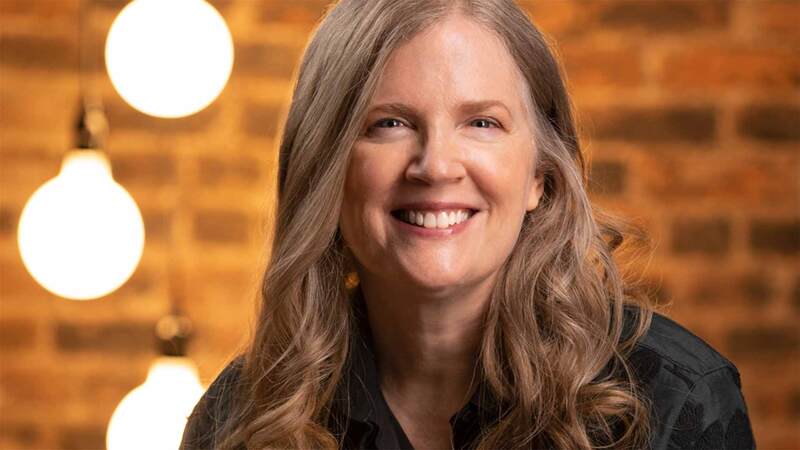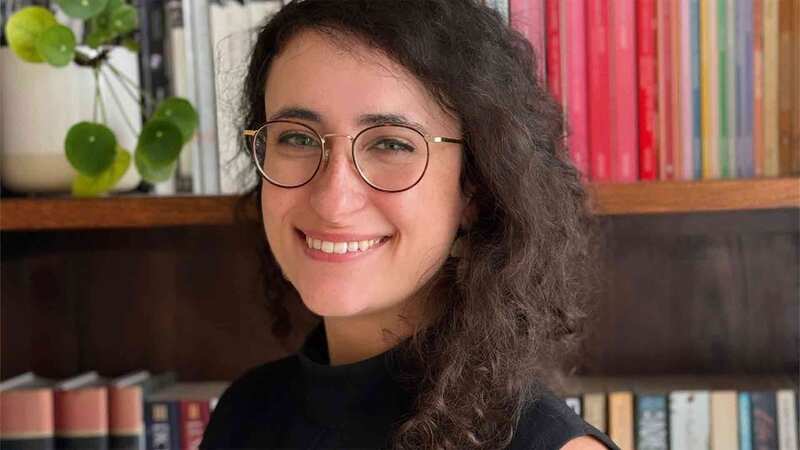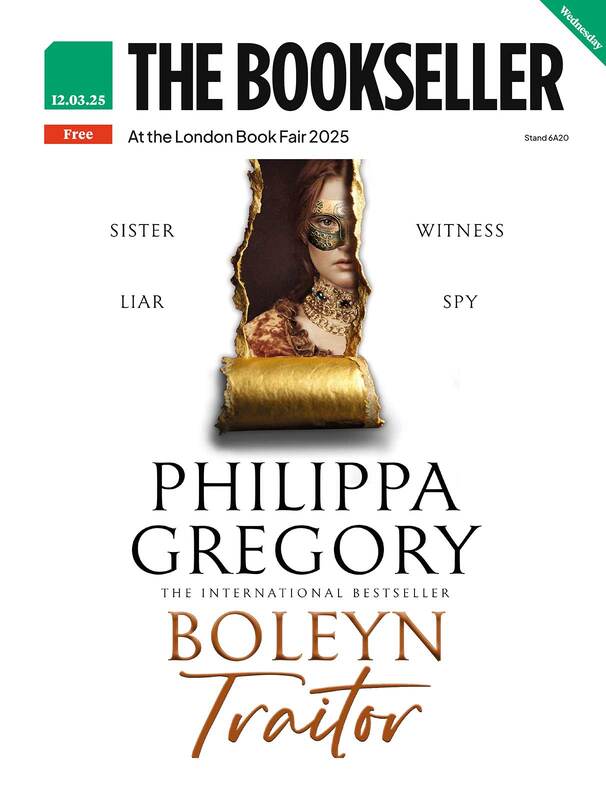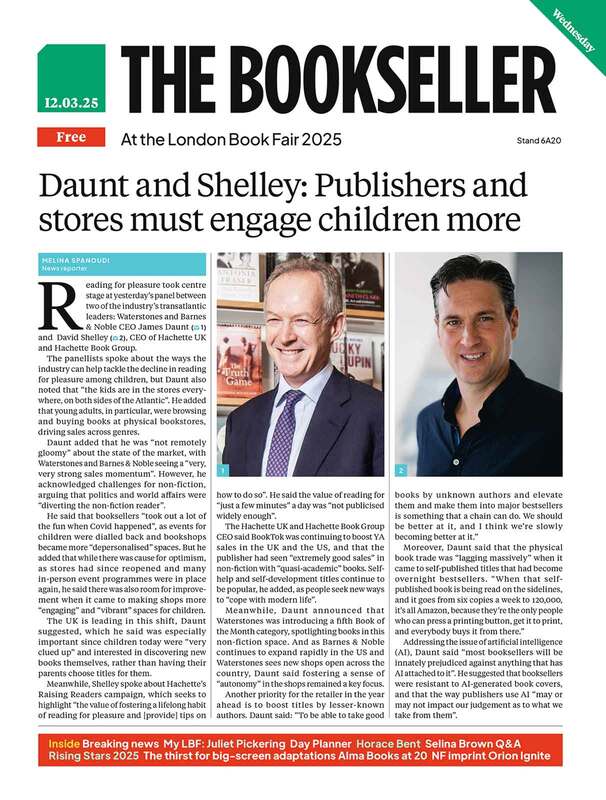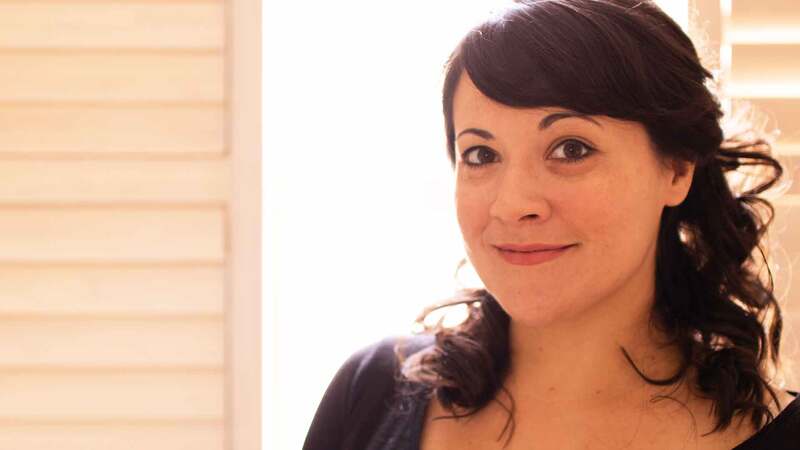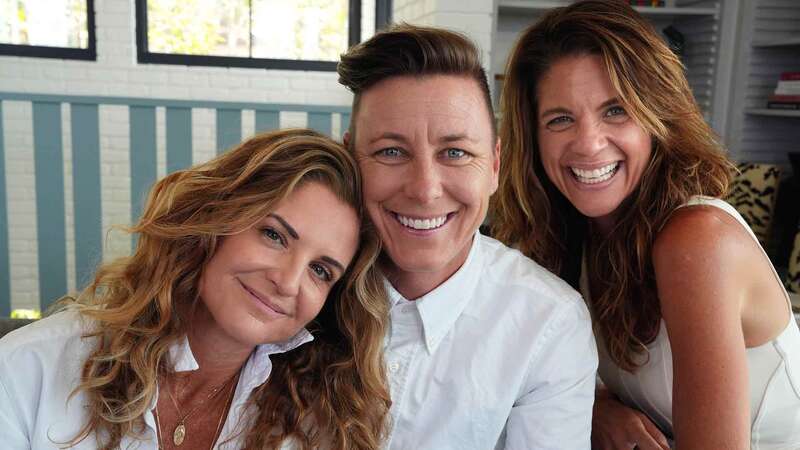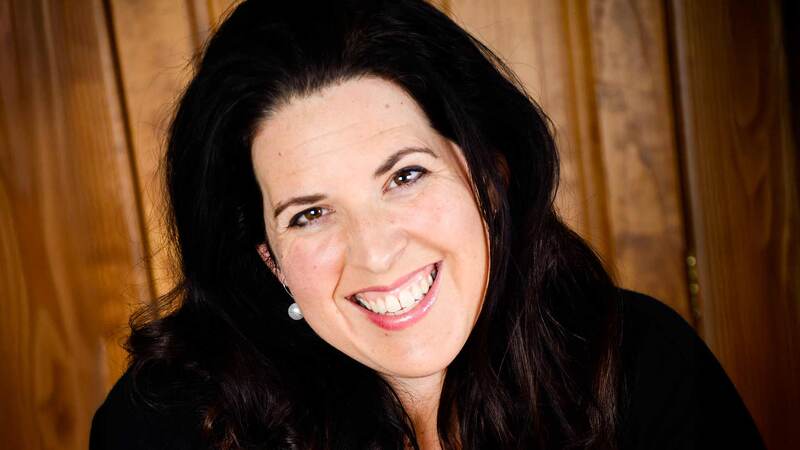You are viewing your 1 free article this month. Login to read more articles.
Transworld acquires Eddy de Wind's Auschwitz memoir in pre-empt deal
Transworld has acquired Eddy de Wind’s Holocaust memoir, the only complete book written at Auschwitz, in a pre-empt deal.
Editorial director Andrea Henry acquired UK and Commonwealth rights for Last Stop Auschwitz from Paul Sebes at Sebes & Bisseling Literary Agency in Amsterdam. It will be published by Bantam Press in hardback in January 2020, the 75th anniversary of the concentration camp’s liberation.
De Wind, a Dutch doctor and psychiatrist, was shipped to Auschwitz with his wife Friedel, who he met while volunteering in the Westerbork labour camp. After making it through the brutal initial selection process, he began work in the medical barracks, negotiating the volatile guards while Friedel tried to avoiding the inevitable fate of Joseph Mengele’s medical experiments.
His book was first published in the Netherlands in 1946 but it has never been published elsewhere. The new edition is translated by David Colmer.
The synopsis states: "At the end of the war, as Soviet troops approached and the Nazis began to flee, De Wind avoided the death march - to which most of the camp’s population was subjected - by hiding himself in a barracks. There he began to write with urgency about his experience. And it’s this immediacy – writing in the eye of the storm – that sets his story apart. Written in the third person for security purposes, with names changed, including a character who appears to be Mengele, Last Stop Auschwitz is a powerful, at times shocking document of the routines of the camp, of life’s daily ups and downs. It’s a record of the horror of the prisoners’ existence, and a vivid account of the stresses of living with such uncertainty. But the love story of De Wind and his wife Friedel runs through it all, showing that there is hope, even in hell.”
Henry said the memoir was unique in its immediacy, adding: “It’s raw and unshaped by history, which makes it all the more powerful, yet it’s elegant and eloquent. We are delighted to be one of many publishers across the world able to bear witness to the atrocities that happened at Auschwitz by publishing this important book.”
The author’s son, Melcher de Wind, said: “Auschwitz is perhaps the most gruesome 'murder machine' ever devised but the name is slowly becoming a purely abstract term. It’s important to remember that it actually took place; that it is not simply a symbol of man’s potential for evil. My father’s story serves as an important warning: Never again! It doesn’t just tell about the horrors of the camp. It shows what kind of behaviour people are capable of, both the good and the bad. In this way it makes Auschwitz palpable, human – and moves away from the abstract. My father’s story gives suffering a face.”









